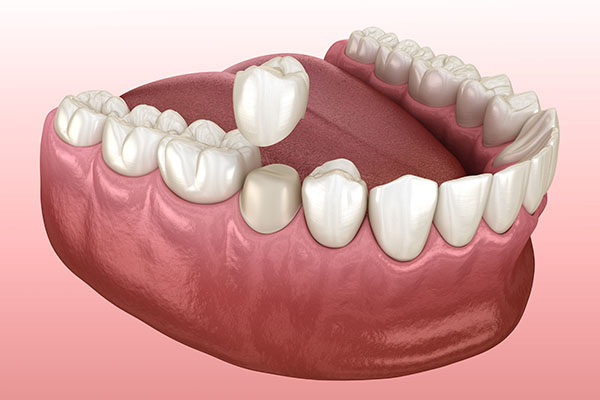A is much less intimidating once you know what to expect, how to prepare, and what to do after. It is a fairly common procedure that a dentist will recommend to ease pain and protect oral health. Still, it is normal to be nervous if you have never had a tooth extraction. Here are some frequently asked questions about the procedure that should help put your mind at ease.
Why would a dentist recommend a tooth extraction?
A dentist will try to save a natural tooth if possible. However, sometimes, the damage or decay is so extensive that tooth extraction is the best option to ease pain and protect the surrounding tissues. Other times, the procedure is needed for orthodontic treatment to create ample room in the mouth for teeth to align correctly. Wisdom teeth present another common need for tooth extraction. If there is not enough room in the mouth for them or the teeth become impacted, a dentist recommends removing them to prevent future dental problems.
How much discomfort is involved?
One of the goals of a tooth extraction procedure is to relieve pain. However, there can be discomfort involved in the process. Luckily, the dentist thoroughly numbs the area before the procedure to minimize pain. In addition, the dentist may be able to offer sedation to help keep the patient comfortable during the procedure. Usually, over-the-counter pain relievers are enough to manage any discomfort after and during the healing process.
How should I prepare?
Each patient receives preparatory instructions specific to their procedure from the dentist. Before the procedure, you may need to stop taking certain medications, such as blood thinners. On the other hand, depending on your medical conditions and circumstances, you may need to start taking certain medications, such as antibiotics, before, during, and after the procedure.
It is good to arrange a ride home after the procedure and make sure to have the next day free from work or other obligations. Unless you have diabetes, you will likely need to fast eight to 12 hours before the procedure. Smoking is a no-no during this process, and patients must not smoke for 12 hours before the procedure and 24 hours after. Patients should avoid cosmetics, perfumes, or jewelry on the day of the procedure and wear comfortable, loose-fitting clothing.
What are my tooth replacement options?
Luckily, tooth loss does not have to be permanent, and patients have a selection of tooth replacement options. A dental implant is the option most similar to having a natural tooth because it replaces the tooth root and tooth. Dental bridges are another popular option that involves anchoring the replacement tooth to the surrounding healthy teeth. Patients can also opt for a partial denture, a removable tooth replacement option. Your dentist will help you decide which option fits you best, given your circumstances.
Get the dental care you need
If you need a tooth extraction, the team at Dental Oasis of Orange County will provide professional and comfortable care. We will discuss ways to make the procedure easiest for you and your options for teeth replacement after. If you have any further questions about tooth extraction, do not hesitate to contact our knowledgeable staff.
or call Dental Oasis of Orange County at 714-465-4513 for an appointment in our Huntington Beach office.
Related Posts
With two types of tooth extractions in the form of simple and surgical, there are multiple reasons a patient might need them. Both types involve removing the tooth from its socket in the jawbone. While preserving natural teeth is ideal for patients of all ages, certain situations call for a tooth extraction.One of the primary…
Facing a dental tooth extraction can be intimidating and scary. Being properly prepared can make the experience less nerve-wracking and help you go through it smoothly. In this article, we will look into preparing for a tooth extraction.Before anything else, comprehend the reasons for dental tooth extraction. You may have severe decay, gum disease, or…
One of the first rules of dentistry is that it is best to save the natural tooth whenever possible, such as with a dental crown. However, a tooth extraction procedure is an effective alternative when this is not an option. If you are unsure which is right for you, our general dentist can help. They…

